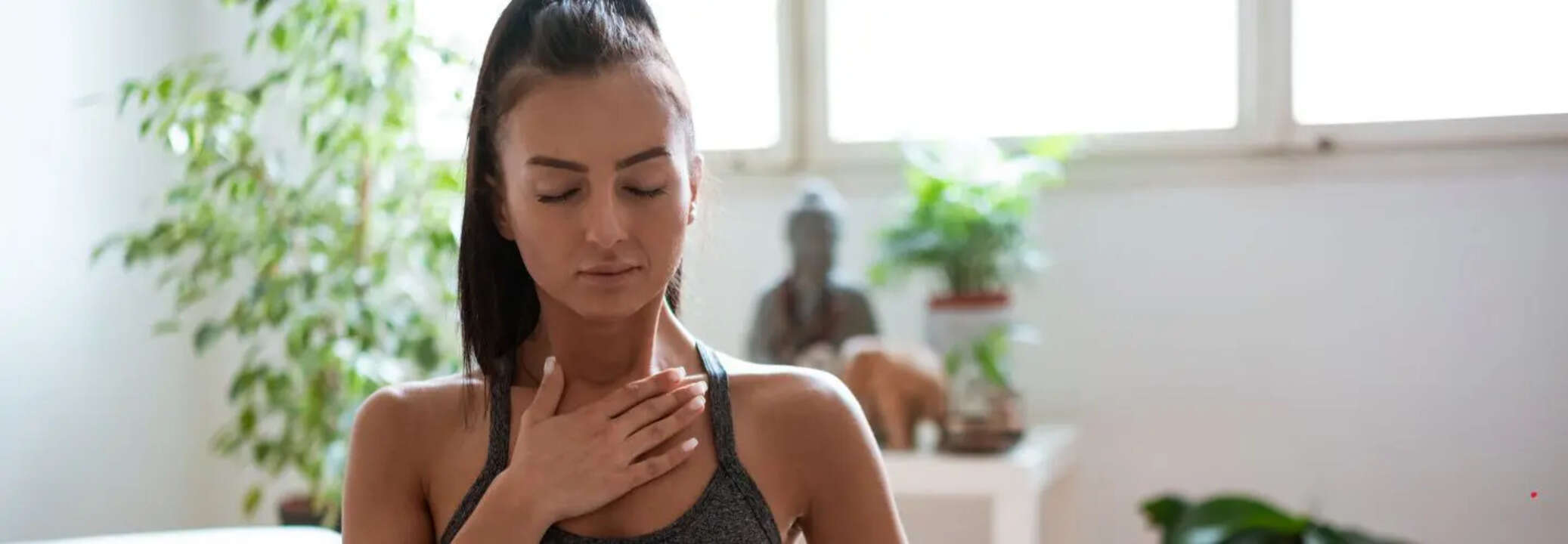What Is Moon Breathing? How Does It Promote Sleep?

Moon Breathing (Credit: Canva)
SummaryPut in simple terms, moon breathing is an ancient Indian breathing technique wherein a person closes his right nostril and breathes through his left. This is said to channelize right energy and promote sleep.
End of Article
